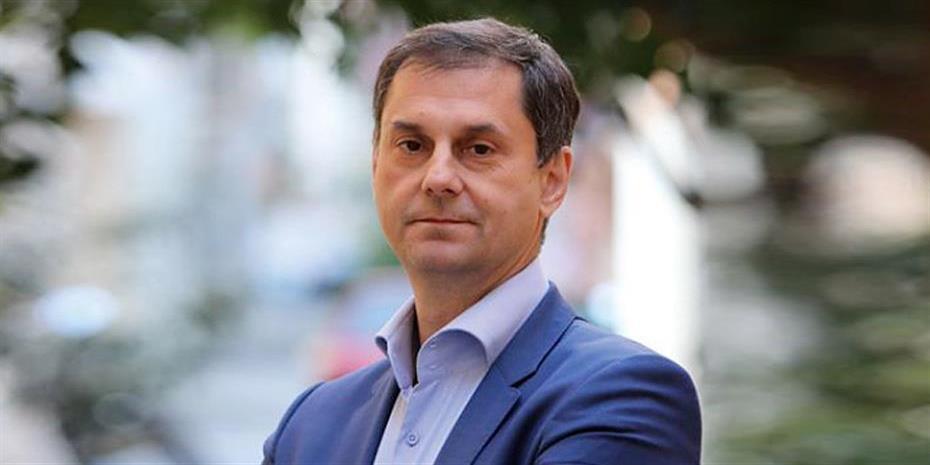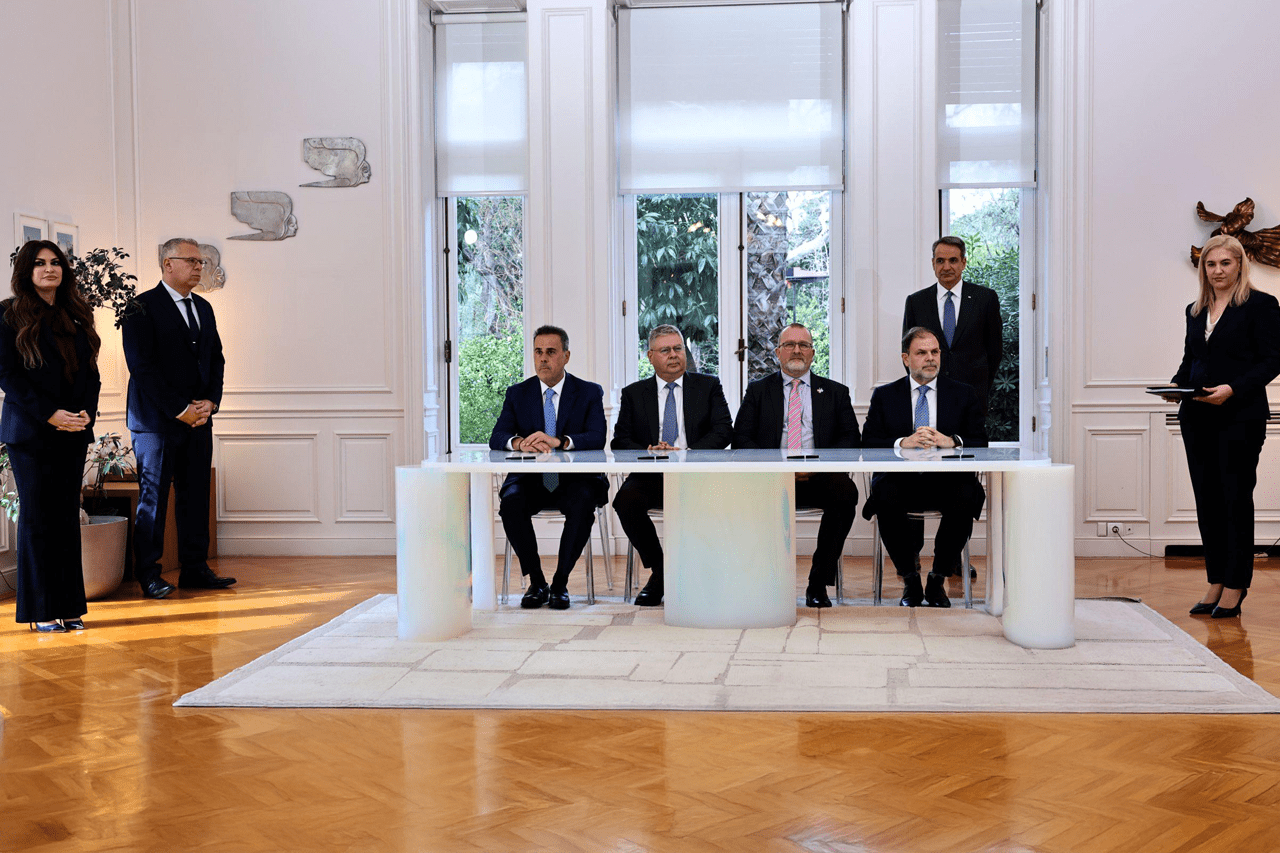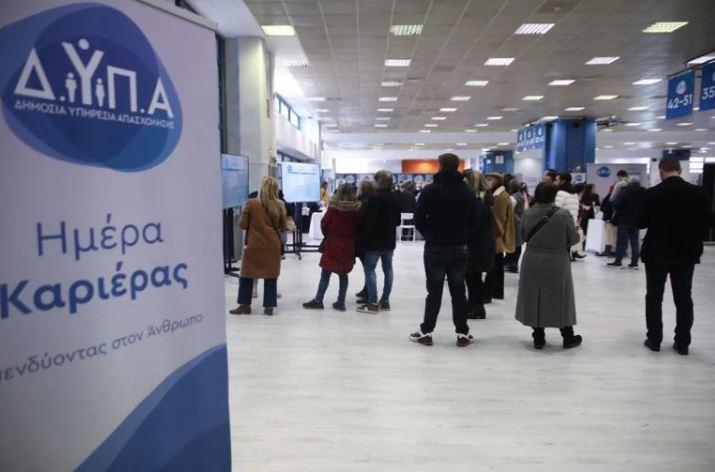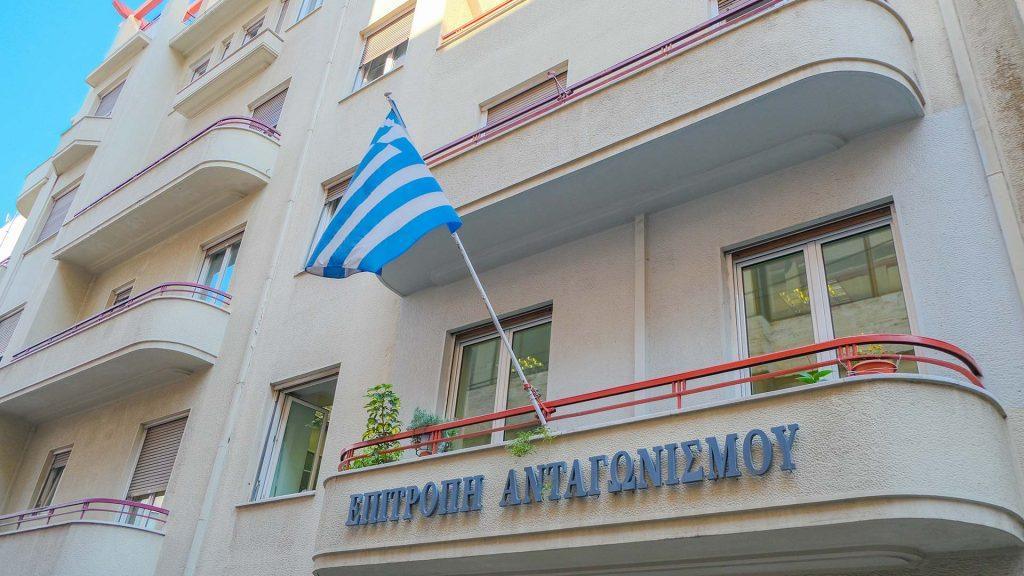In an exclusive reveal, the Greek news outlet in.gr has obtained and now presents the full minutes of the much-debated Council of Political Leaders, held on July 6, 2015 — the day after Greece’s historic referendum.
The high-stakes meeting of Greek political leaders, held from 10:00 a.m. to 4:50 p.m. on July 6, was convened by then-Prime Minister Alexis Tsipras following the decisive “No” vote in the July 5 referendum, where 61.31% of voters rejected the bailout proposal from Greece’s creditors.
That evening, Tsipras requested an urgent session of the Council of Political Leaders to brief them on the government’s next steps and hear their input.
President Prokopis Pavlopoulos quickly called all party leaders for a nearly seven-hour meeting to address the crisis. Despite tensions, most agreed Greece must unite in negotiations, except the Communist Party.
Ten years later, the released minutes reveal this key moment in Greek history.
Tsipras aimed for broad political support before a key eurozone summit, and despite some criticism, major opposition leaders showed willingness to back him.
Notably, Vangelis Meimarakis, on his first day as interim leader of New Democracy, Fofi Gennimata of PASOK (who has since passed away), Panos Kammenos, government coalition partner and founder of the Independent Greeks (ANEL), and Stavros Theodorakis of The River (To Potami) all signaled support for the government’s negotiating mandate.
Only Dimitris Koutsoumpas, General Secretary of the Communist Party, declined to sign the joint statement.
The record of that day’s deliberations is interrupted only by private telephone calls between then-President Prokopis Pavlopoulos and French President François Hollande, as well as between Prime Minister Tsipras and German Chancellor Angela Merkel and Russian President Vladimir Putin. The content of those conversations remains unknown.
The Historic Moment
In June 2015, Greece received a draft agreement from its creditors demanding continued austerity without a clear plan for debt relief. Though not labeled as such, the proposal implied indefinite financial supervision.
Tsipras’s government was open to many reforms but rejected an open-ended program without a path to recovery. This led to the July 5 referendum and new proposals in its aftermath.
Despite claims of a policy reversal, official records show the government never intended to leave the euro or EU. Its aim throughout was to remain in the European framework while seeking a sustainable solution.
A Clear Mandate amid Mounting Pressure
As creditors pressured Greece and framed the referendum as a vote on eurozone membership, Tsipras clarified its true intent: approval or rejection of the institutions’ proposal. He stressed that the question was legally and democratically set by the government and Parliament.
With the public’s clear response, Tsipras asserted it was now the duty of all parties to respect the mandate and define Greece’s next steps in the negotiations.
Facing Harsh Realities
While the referendum offered political clarity, Greece still faced severe economic danger. Tsipras stressed the urgent need to restore liquidity and reopen banks, appealing to the ECB for emergency funding to prevent a humanitarian crisis. Most political leaders supported this priority—except Koutsoumpas, who avoided the issue.
The Road Ahead
Tsipras outlined plans for a two-year deal to meet Greece’s financial needs and end the crisis, emphasizing it must end talk of a eurozone exit. He balanced the seriousness of the situation with respect for the public’s democratic mandate. Whether Europe would accept this remained uncertain, but the government was determined to act on the people’s will.
Exhausting All Options before the Referendum
The failure to reach an agreement with creditors, leading to the referendum, stemmed from the rejection of a viable crisis exit. Tsipras explained that the June 25 proposal deviated from prior terms, lacked a plan for medium-term financing, and offered no debt relief.
Despite this, the government tried to keep negotiations alive, even after calling the referendum, submitting a request on June 30 for a two-year loan with full financing and debt restructuring for long-term stability.
A Sustainable and Credible Deal for a Final Exit from the Crisis
The government’s revised counterproposal improves key areas like VAT on islands, pensions, and taxes, making the burden fairer. It guarantees full financing for two years and includes debt restructuring.
Tsipras stressed that austerity without corrections, funding, or debt relief is bound to fail. With the referendum’s mandate, the government seeks a sustainable deal that ensures Greece’s recovery and eurozone membership, including a strong development plan with the European Commission
“I Will Not Turn a ‘No’ Into a ‘Yes’”
As political leaders worried whether creditors would accept Greece’s new proposal, Tsipras was clear. He reminded them that the Greek people had made a historic choice in the referendum, rejecting the old political system and Europe’s harsh stance. He urged leaders to focus on this message and work together to present a solid agreement at the European Council, including financing, reforms, investment, and debt restructuring.
Tsipras emphasized that the referendum’s “No” was a rejection of an unsustainable deal—not a call for breaking up Europe or accepting any deal at any cost. He condemned creditors’ political interference, including demands to change Greece’s government or prime minister.
When asked how he would respond if the ECB imposed harsh measures, Tsipras said he would do everything to stop actions that threaten Greece’s survival, stressing that protecting the people is a prime minister’s constitutional duty.
Vangelis Meimarakis: Critical, Yet Cooperative
New Democracy’s interim leader Meimarakis criticized the referendum, saying he considered delaying it to force a calmer government rethink. He blamed Tsipras for waiting too long, which came at a cost. Meimarakis questioned the referendum’s framing, suggesting a clearer choice between Juncker’s and Tsipras’s proposals would have avoided a simple Yes or No vote.
Despite disagreements, he expressed willingness to negotiate, viewing debt as manageable rather than simply sustainable or not. He acknowledged past failures in debt relief but hoped for better outcomes and said he’d support them.
Meimarakis shared his experience of creditor pressure, calling it extortion, and highlighted geopolitical motives behind a possible Grexit.
He noted many New Democracy supporters voted “No” trusting Tsipras’s promise of a new deal soon but denied voting “No” himself. He confirmed his party’s readiness to help negotiate a deal if key conditions, like protecting pensions and EU membership, were met.
Theodorakis and Gennimata: Unity, Not Division
Stavros Theodorakis criticized the referendum for dividing Greece but said he’d support Tsipras against creditors based on initial arguments. He suggested keeping meeting minutes secret, which PASOK leader Fofi Gennimata opposed, urging transparency and national unity.
Gennimata pledged support for a collective strategy and pushed for pro-growth EU measures, saying Tsipras’s referendum approach missed a chance for unity.
Kammenos and Koutsoumpas: Polar Opposites
Junior partner Panos Kammenos accused European conservatives of targeting Greece’s government for political gain, while Communist leader Koutsoumpas rejected any notion of national unity, seeing the EU, capitalism, and SYRIZA as a unified exploitative system.
What the Minutes Ultimately Reveal
On July 6, 2015, Greek political leaders agreed to use the public’s rejection of creditor demands to push for better negotiations, avoiding a break from the EU but resisting harsh terms. Opposition leaders supported continued talks within Europe, even proposing a multiparty advisory committee.
Despite differences, all aimed to prevent Grexit, restart talks, and keep Greece’s voice within European cooperation.
Source: tovima.com
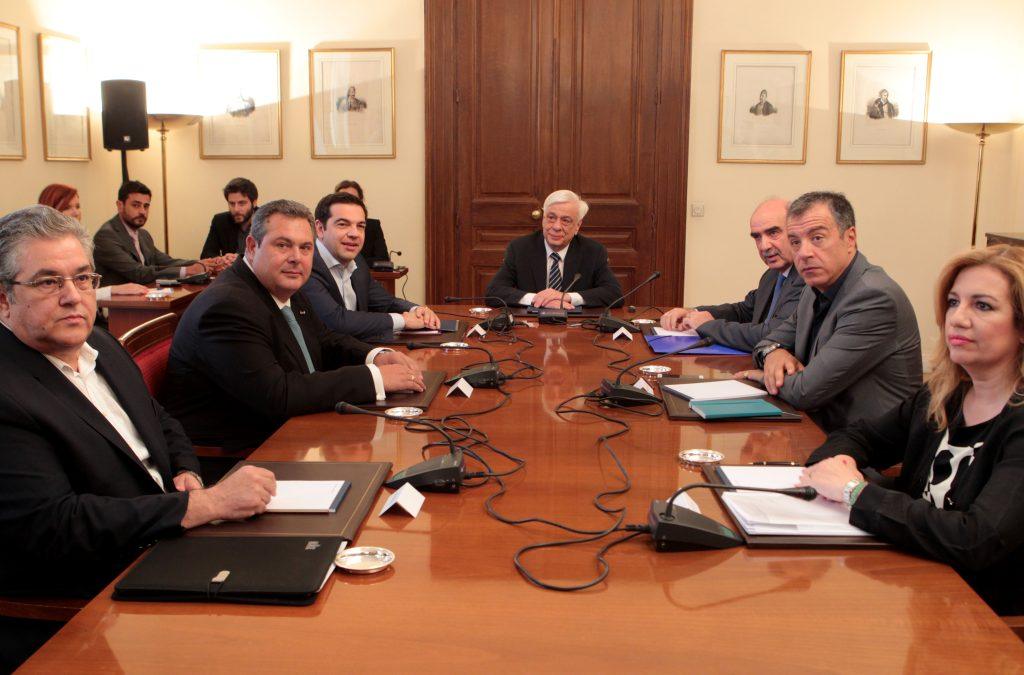
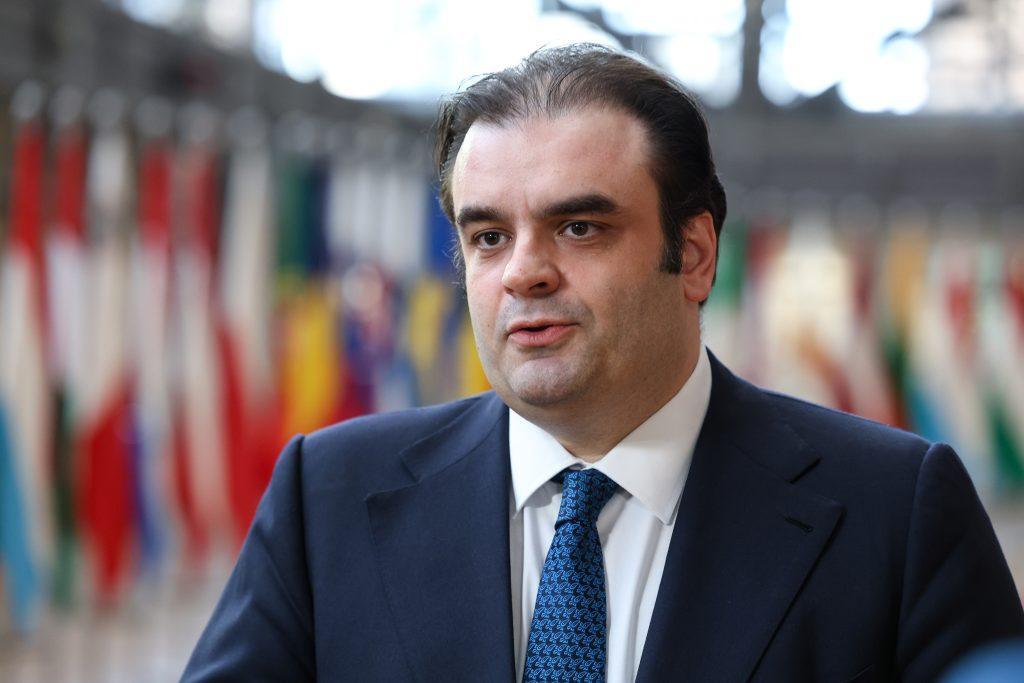
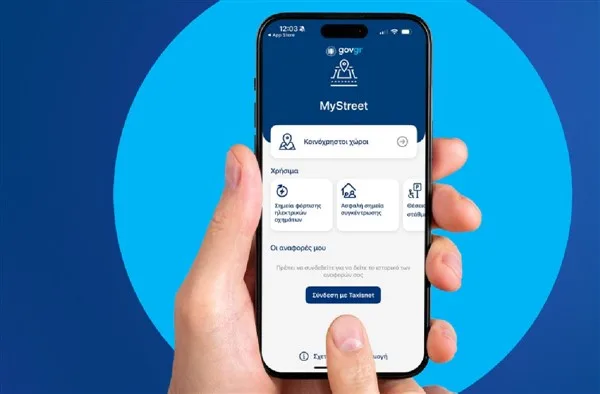



![Νέο κεφάλαιο για Ελλάδα στην Ενέργεια [live]](https://www.ot.gr/wp-content/uploads/2026/02/cevron-300x300.jpg)





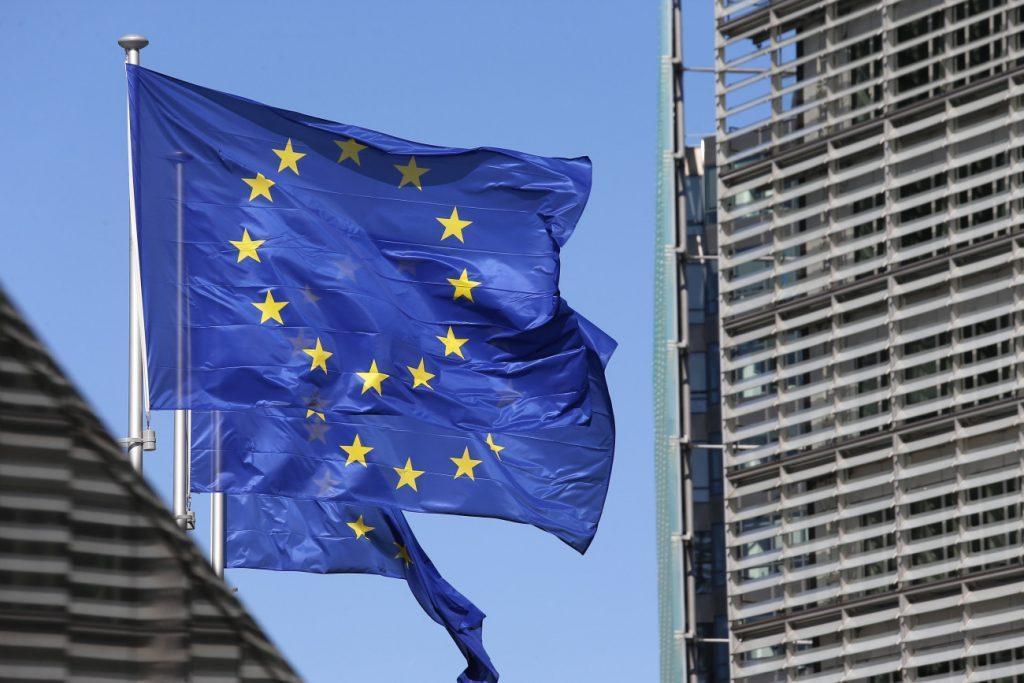
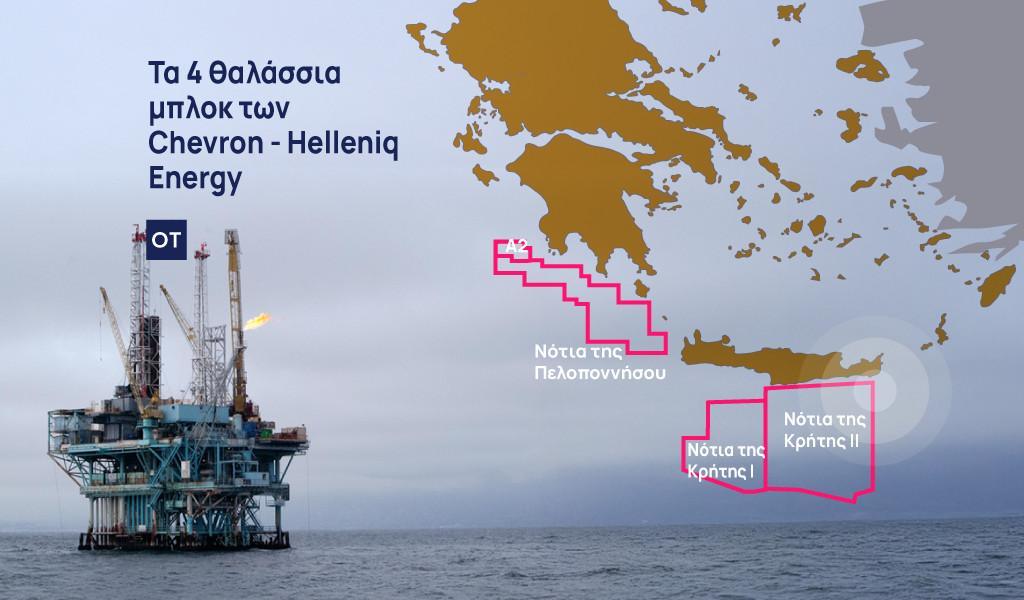





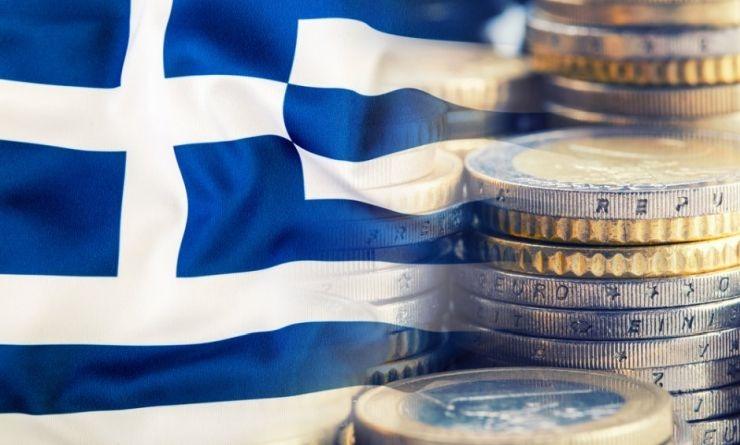





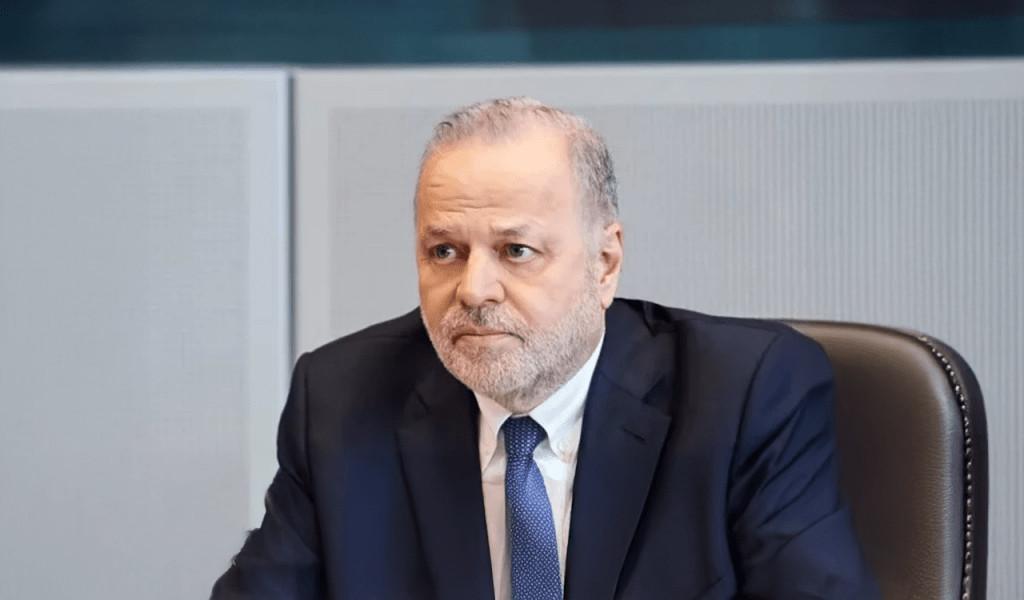

![Νέο κεφάλαιο για Ελλάδα στην Ενέργεια [live]](https://www.ot.gr/wp-content/uploads/2026/02/cevron.jpg)

